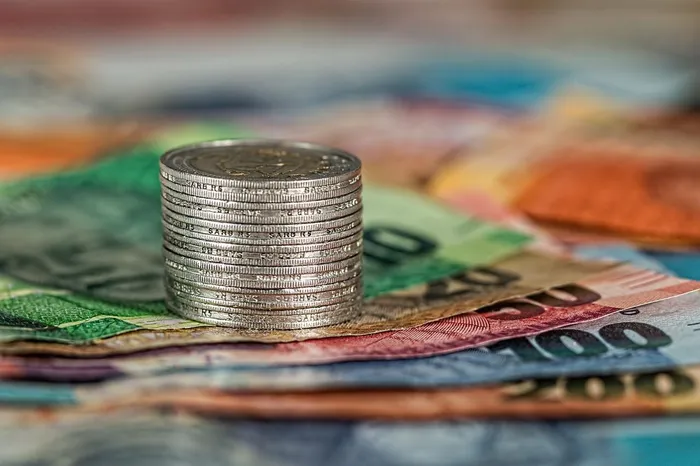
The South African Chamber of Commerce (SACCI) and Industry Business Confidence Index (BCI) release on Tuesday indicated that the index increased by 1.1 month-on-month points and year-on-year by 10.9 index points to 121.1 index points in September 2025
Image: Pixabay
South Africa’s business confidence continued to improve in September, boosted by stronger financial market performance, rising commodity prices, and higher export volumes, according to the latest South African Chamber of Commerce and Industry (Sacci) Business Confidence Index (BCI) released on Tuesday.
The BCI climbed 1.1 points month-on-month and 10.9 points year-on-year to reach 121.1 in September 2025, reflecting a notable rebound in sentiment after a dip earlier this year.
SACCI said the recovery followed a sharp decline in confidence from 125.8 in February to 113.2 in June, which has since been “partly reclaimed” through steady improvements in August (120.0) and September (121.1).
“In the short term, the broad financial climate supported positive business sentiment, while real economic activity was fairly stable but with negative elements,” Sacci said. “Over the medium term, both real economic activity and the financial environment were more positive than a year ago.”
Sacci noted that key drivers of September’s confidence gains included a rise in overseas tourist arrivals, stronger global gold and platinum prices, higher merchandise export volumes, increased new vehicle sales, and JSE share prices trending above medium-term averages.
The only significant drag on business sentiment over the year was a decline in merchandise export volumes, Sacci said.
The Chamber also pointed to ongoing trade uncertainty linked to the African Growth and Opportunity Act (Agoa) and a 30% tariff imposed by the United States on certain South African exports.
“The final outcome depends on further trade negotiations,” Sacci warned. “Uncertainty continues to weigh on economic activity as deadlines for Agoa and tariff agreements approach without permanent progress.”
Sacci said that while the financial environment remained stable and supportive, “real economic activity and investor confidence must follow through.”
“South Africa is currently experiencing a financially stable opportunity that needs to translate into higher investment and job creation,” the Chamber added. “Improved business confidence should serve as a catalyst for greater fixed investment, sustainable growth, and broader participation in the economy.”
Professor Raymond Parsons, a North-West University Business School economist, said the short-term rise in business sentiment supports expectations that GDP growth could reach around 1.2% in 2025, up from earlier forecasts of below 1%.
“There remain a number of uncertainties. Sacci is right to urge that growth-friendly policies should be more urgently implemented to promote longer-term sustained higher economic growth beyond 2025. This needs policies aimed at strengthening long-term investor confidence,” he said.
Parsons noted that the South African Reserve Bank recently reported that companies were sitting on a record R1.8 trillion in cash holdings as of July, suggesting a reluctance to commit to new investment in a low-growth environment.
“This means that, instead of adequate fixed investment commitments being made, businesses are still keeping extra cash amid heightened uncertainty, subdued investor confidence, and limited investment opportunities, in a low-growth environment,” he said.
“In the coming year, a sufficient number of firms must feel that the country’s economic and political prospects warrant their making fresh plans for expansion.”
Professor Waldo Krugell, also from North-West University, said the improvement in business confidence aligns with recent gains in the Absa/BER Purchasing Managers’ Index (PMI) and vehicle sales data.
“Maybe some of the optimism is linked to how well markets have been doing. The JSE is doing well, the gold price is high etc. And there is not a lot of bad news that directly affects people. Inflation remains low and the fuel price more or less unchanged,” Krugell said.
Efficient Group chief economist, Dawie Roodt, agreed, attributing much of the improvement to a stronger rand, firmer capital markets, and stability within the Government of National Unity (GNU).
“The rand is doing quite well, while the capital market has appreciated well. The other thing is that the GNU has remained stable and there hasn't been any conversation about the GNU ending. However, despite the improvement, business confidence levels are still too low,” Roodt said.
BUSINESS REPORT